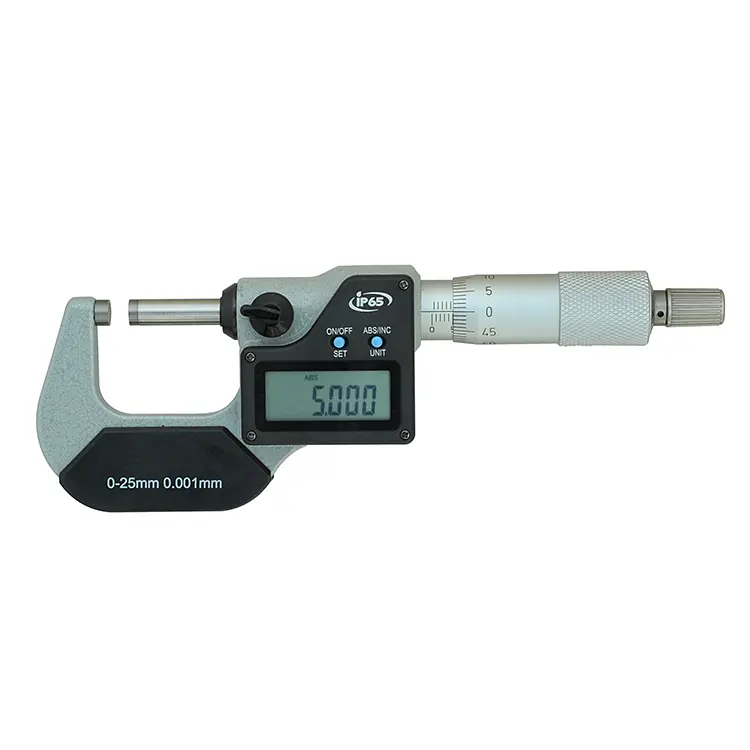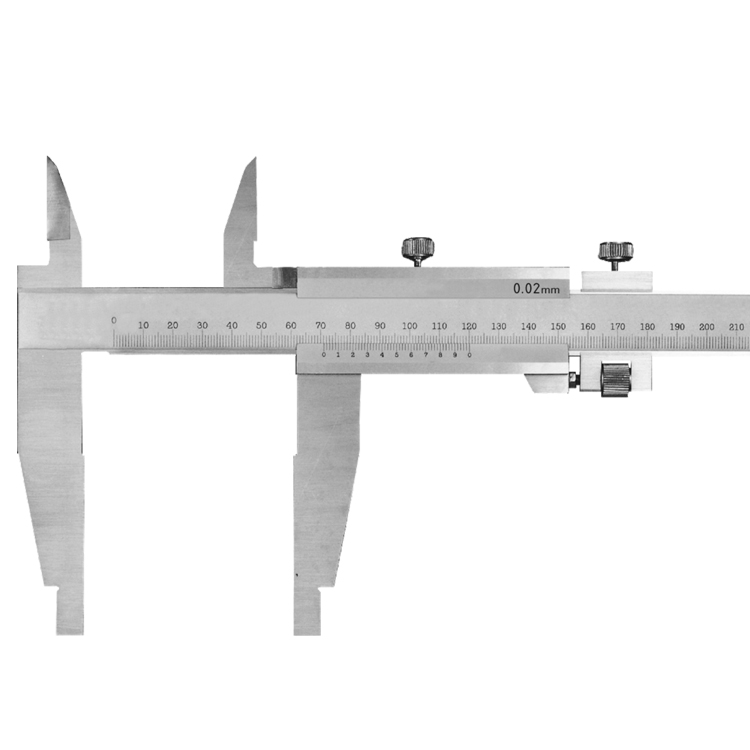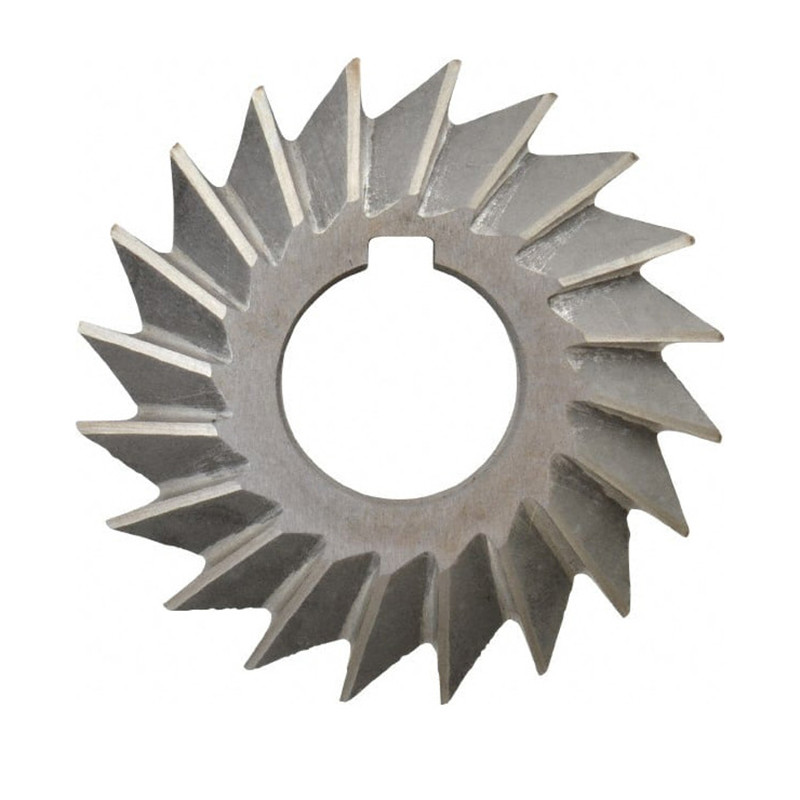Indexable tool holders sets Factory
Searching for a reliable indexable tool holders sets factory? This guide explores the key considerations for sourcing high-quality tool holders, covering types, materials, applications, and factors to consider when selecting a manufacturer. Learn how to optimize your machining processes with the perfect tool holder set from a trusted indexable tool holders sets factory.
Understanding Indexable Tool Holders Sets
Indexable tool holders sets are essential components in modern machining, providing a secure and precise interface between the machine spindle and the cutting tool. Unlike solid tool holders, indexable holders allow for quick and easy replacement of worn or broken cutting inserts, minimizing downtime and maximizing productivity. Understanding the different types of holders and their applications is crucial for selecting the optimal set for your needs.
Types of Indexable Tool Holders
Several types of indexable tool holders are available, each designed for specific machining operations and tool geometries.
- Turning Tool Holders: Used for turning operations on lathes, these holders come in various shank sizes and angles to accommodate different cutting directions and workpiece geometries.
- Milling Tool Holders: Designed for milling machines, these holders can accommodate various cutter types, including end mills, face mills, and slotting cutters.
- Boring Bar Holders: Used for internal machining operations, boring bar holders provide support and rigidity for boring bars of various lengths and diameters.
- Threading Tool Holders: Specifically designed for threading operations, these holders feature precision clamping mechanisms to ensure accurate thread formation.
Materials and Manufacturing Processes
The quality of an indexable tool holders sets depends heavily on the materials used and the manufacturing processes employed. High-quality tool holders are typically made from hardened alloy steels, offering excellent strength, rigidity, and wear resistance. Common manufacturing processes include:
- Forging: Forging provides excellent grain flow and material density, resulting in a strong and durable tool holder.
- Machining: Precision machining ensures accurate dimensions and tight tolerances, critical for secure tool clamping and precise cutting performance.
- Heat Treatment: Heat treatment processes, such as hardening and tempering, enhance the material's strength, hardness, and wear resistance.
- Surface Treatment: Surface treatments, such as black oxide or nickel plating, protect the tool holder from corrosion and improve its appearance.
Selecting the Right Indexable Tool Holders Sets Factory
Choosing the right indexable tool holders sets factory is crucial for ensuring the quality, reliability, and performance of your tooling. Consider the following factors when selecting a manufacturer:
Quality Control and Certifications
A reputable indexable tool holders sets factory will have robust quality control processes in place, ensuring that all products meet stringent standards. Look for manufacturers with certifications such as ISO 9001, which demonstrates a commitment to quality management.
Product Range and Customization Options
Choose a manufacturer that offers a wide range of indexable tool holders sets to meet your specific needs. Also, consider whether the manufacturer offers customization options, such as custom shank sizes, tool holder angles, or special coatings.
Technical Support and Customer Service
A good indexable tool holders sets factory will provide excellent technical support and customer service. Look for a manufacturer with knowledgeable staff who can assist you with product selection, application advice, and troubleshooting.
Pricing and Lead Times
Consider the pricing and lead times offered by different manufacturers. While price should not be the sole determining factor, it's important to find a manufacturer that offers competitive pricing without compromising on quality. Lead times should also be reasonable, allowing you to receive your tool holders in a timely manner.
Finding a Reliable Supplier: Wayleading Tools
When sourcing indexable tool holders sets, consider established suppliers like Wayleading Tools, known for their comprehensive range of tooling solutions and commitment to quality. Companies like Wayleading often offer various holder types, materials, and customization options to meet diverse machining needs. Their dedication to customer satisfaction and technical expertise makes them a valuable partner in optimizing your machining processes.
Applications of Indexable Tool Holders Sets
Indexable tool holders sets find applications in various industries, including:
- Aerospace: Machining of aircraft components requires high-precision tooling, and indexable tool holders play a crucial role in ensuring accurate and efficient machining.
- Automotive: The automotive industry relies heavily on automated machining processes, and indexable tool holders contribute to increased productivity and reduced downtime.
- Medical: The manufacturing of medical devices requires tight tolerances and high surface finishes, making indexable tool holders essential for achieving the desired results.
- General Manufacturing: Indexable tool holders are widely used in general manufacturing for various machining operations on a wide range of materials.
Optimizing Machining Processes with the Right Tool Holders
Selecting the right indexable tool holders sets is critical for optimizing machining processes and achieving desired results. Consider the following factors when choosing tool holders for specific applications:
- Machine Type: The type of machine tool used will influence the selection of tool holders. Ensure that the tool holders are compatible with the machine spindle and clamping system.
- Cutting Tool Geometry: The geometry of the cutting tool will also affect the choice of tool holder. Select a holder that provides adequate support and clamping force for the specific cutting tool used.
- Workpiece Material: The material being machined will influence the choice of tool holder material and design. For example, machining hard materials may require tool holders made from high-strength alloy steels.
- Cutting Parameters: Cutting parameters, such as cutting speed, feed rate, and depth of cut, will also affect the choice of tool holder. Select a holder that can withstand the forces generated during machining.
Troubleshooting Common Issues with Indexable Tool Holders
While indexable tool holders are generally reliable, some common issues may arise. Here are some tips for troubleshooting these issues:
- Vibration: Vibration can occur due to improper tool clamping, excessive cutting forces, or machine instability. Ensure that the tool holder is properly clamped and that cutting parameters are optimized.
- Insert Breakage: Insert breakage can occur due to excessive cutting forces, improper insert selection, or tool holder damage. Select the appropriate insert grade and geometry for the material being machined and inspect the tool holder for any signs of damage.
- Poor Surface Finish: Poor surface finish can result from vibration, insert wear, or improper cutting parameters. Optimize cutting parameters and replace worn inserts to improve surface finish.
The Future of Indexable Tool Holders
The field of indexable tool holders is constantly evolving, with ongoing advancements in materials, designs, and manufacturing processes. Some emerging trends include:
- Smart Tool Holders: Smart tool holders incorporate sensors and electronics to monitor cutting forces, vibration, and temperature in real-time. This data can be used to optimize cutting parameters, prevent tool damage, and improve machining performance.
- Additive Manufacturing: Additive manufacturing (3D printing) is being used to create complex tool holder designs with optimized geometries and internal cooling channels.
- Advanced Materials: New materials, such as ceramic composites and cemented carbides, are being used to create tool holders with improved strength, wear resistance, and thermal stability.
Conclusion
Selecting the right indexable tool holders sets factory is a critical decision that can significantly impact the efficiency and precision of your machining operations. By understanding the different types of tool holders, materials, and manufacturing processes, and by carefully evaluating potential manufacturers, you can ensure that you select the optimal tool holders for your specific needs. Remember to consider factors such as quality control, product range, technical support, and pricing to make an informed decision. With the right indexable tool holders sets, you can unlock new levels of productivity and precision in your machining processes.
Disclaimer: This article provides general information and should not be considered professional advice. Always consult with a qualified expert before making any decisions related to machining processes or tooling.
Related products
Related products
Best selling products
Best selling products-
 Precision Micrometr Holder For Micrometer
Precision Micrometr Holder For Micrometer -
 Depth Vernier Gauge With Stainless Steel And Monoblock Depth Type
Depth Vernier Gauge With Stainless Steel And Monoblock Depth Type -
 SCFC Indexable Boring Bar
SCFC Indexable Boring Bar -
 Precision 17pcs Angle Blocks Set With High Quality Type
Precision 17pcs Angle Blocks Set With High Quality Type -
 Metric HSS Annular Cutters With Weldon Shank For Metal Cutting
Metric HSS Annular Cutters With Weldon Shank For Metal Cutting -
 Precision IP65 Digital Outside Micrometer Of Inch & Metric With Data Output
Precision IP65 Digital Outside Micrometer Of Inch & Metric With Data Output -
 Precision Straight Shank To Morse Taper Adapter
Precision Straight Shank To Morse Taper Adapter -
 Precision V Block And Clamps Set With Industry Type
Precision V Block And Clamps Set With Industry Type -
 Precision Outside Micrometer Of Inch & Metric With Rachet Stop
Precision Outside Micrometer Of Inch & Metric With Rachet Stop -
 Precision V Block And Clamps Set With High Quality Type
Precision V Block And Clamps Set With High Quality Type -
 F1 Precision Boring Head With Metric & Inch
F1 Precision Boring Head With Metric & Inch -
 Precision V Block And Clamps Set With Customized Type
Precision V Block And Clamps Set With Customized Type











